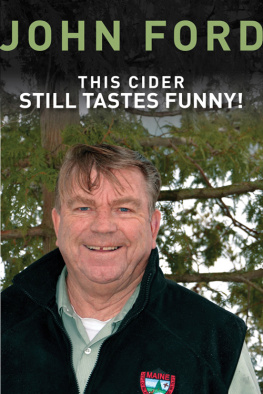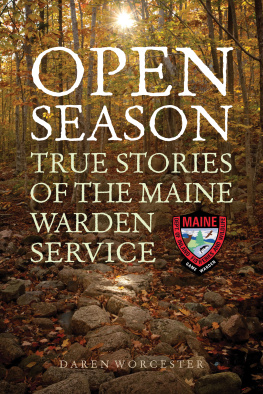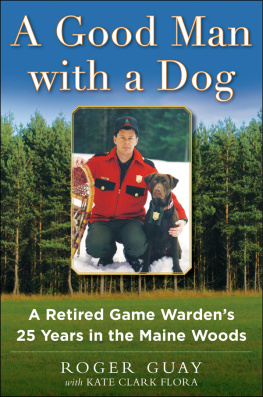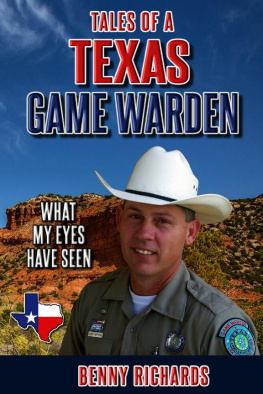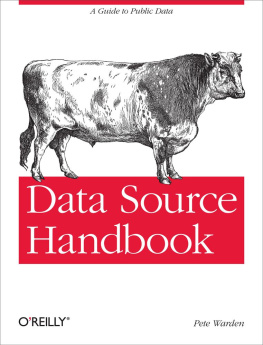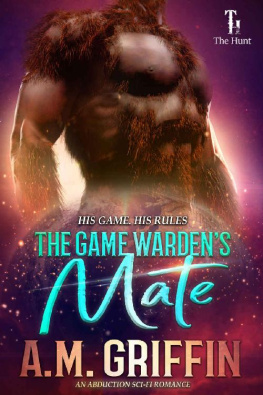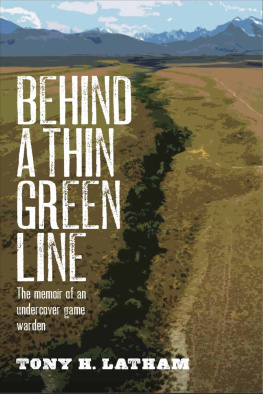Suddenly,
the Cider Didnt
Taste So Good
Also from Islandport Press
Tales from Misery Ridge by Paul J. Fournier
Where Cool Waters Flow by Randy Spencer
My Life in the Maine Woods by Annette Jackson
Nine Mile Bridge by Helen Hamlin
Old Maine Woman by Glenna Johnson Smith
Abbotts Reach by Ardeana Hamlin
Shoutin into the Fog by Thomas Hanna
Contentment Cove and Young by Miriam Colwell
Stealing History and Breaking Ground by William D. Andrews
Windswept, Mary Peters, and Silas Crockett by Mary Ellen Chase
Mercy, The Last New England Vampire by Sarah L. Thomson
In Maine by John N. Cole
The Cows Are Out! by Trudy Chambers Price
Hauling by Hand by Dean Lawrence Lunt
A Moose and a Lobster Walk into a Bar by John McDonald
The Cat at Night by Dahlov Ipcar
My Wonderful Christmas Tree by Dahlov Ipcar
Farmyard Alphabet by Dahlov Ipcar
These and other Maine books are available at:
www.islandportpress.com
Suddenly,
the Cider Didnt
Taste So Good
John Ford Sr.

Islandport Press
P.O. Box 10
Yarmouth, Maine 04096
www.islandportpress.com
books@islandportpress.com
Copyright 2012 by John Ford Sr.
First Islandport Press edition published April 2012.
All Rights Reserved.
ISBN: 978-1-934031-92-6
Library of Congress Card Number: 2011935469
Book jacket design by Karen F. Hoots / Hoots Design
Book designed by Michelle A. Lunt / Islandport Press
Publisher Dean L. Lunt
Cover image of courtesy of Dean L. Lunt
I dedicate this book to all of the wardens, past and present, and to their families for the many sacrifices made while serving the sportsmen of Maine. Fifteen have made the ultimate sacrifice doing a job they loved. Lest we never forget them.
And, I offer a special dedication to retired Maine Game Warden Vernon Walker and my mother, Ethelind Walker. It was their inspiration and encouragement that allowed my dream of one day becoming a game warden to become a reality. I am forever indebted to their memory.
Acknowledgments
I would like to personally thank my wife, Judy, and my son, John Jr., for putting up with my crazy antics, those sometimes out-of-control rants, and the many hours of discourse in their own lives as I pursued my career. Without their complete support, understanding, and patience, my career would never have been as enjoyable as it was. They too have sacrificed.
The wardens I worked with and their wives also deserve mention, for they have their own stories to share, many of them probably far more interesting than my own. The wardens wives seldom get the credit they deserve for their faithful support, sacrifices, and dedication to the agency and to the sportsmen of Maine.
A special thanks to Morning Sentinel editor Beth Staples and to Village Soup editor Jay Davis for their encouragement in moving this project forward to the point where it has finally been published.
And finally, to the sportsmen of Maine, who, even though some find themselves in conflict with the rules, continue establishing the good old tradition of The Maine Way of Life. Without them, there would have been no memories. Thank you, all!
Table of Contents
Foreword
I first met John Ford Sr. about two days after he started working for the Maine Warden Service in 1970. He was a small-town boy from Sanford with warden ties who, at an early age, was able to occasionally accompany Verne Walker, Charlie Libby, and Don Gray as they patrolled their districts. In a small way, he was able to experience firsthand the many duties and activities of a Maine Game Warden.
Id grown up with the Warden Service myself and had accepted it as a way of life. My father, Maynard Marsh, had been chief warden in the 1970s, prior to becoming commissioner. In later years, I also found myself occupying the chief wardens position.
One of the veteran officers who knew John was well aware of his background and voiced skepticism as to his commitment. He said John would probably be back in Sanford before Christmas, which was coming right up.
I knew Johns stepfather, Verne Walker, who I regarded as a good district warden. I knew if John was following in his footsteps, he had a leg up on the others.
Back in those days it helped to get hired if you knew a game warden. Then the department gave you a .38 Smith & Wesson handgun, an old sedan, and a trunk full of new equipment and sent you off to work with a veteran warden in someplace youd likely never heard of. If you were fortunate enough to last a year or two, you were sent to a basic school where youd learn from men whod been active game wardens for fifteen or twenty years.
Your office was your house, your wife was the unpaid secretary. Complaints were phoned straight to your home, not through a central dispatch system like today. If you were there, you answered the call. If you werent, your wife would call the store or the gas station where you might be patrolling and leave a message. There were no radios, no handheld portables; it was pretty primitive, but it all was about to change when John came aboard.
To the best of my knowledge, John had never set a trap and he wasnt a big deer hunter, but he learned to take care of the traditional things while adapting to the new responsibilities, such as watercraft and snowmobiles and environmental issues. For many years, being a game warden was pretty simple. For one thing, the job description mentioned working a nonstandard work week, which was considered to be the time it took to get the job done. Often, that meant patrolling during the day and chasing night-hunters almost until the morning of the next day, and then you started the process all over. We did it not for the meager paycheck, but because we liked it.
John was assigned to Waldo Countys Burnham area, about fifteen miles northeast of Waterville, a busy place to be a warden. He was twenty-two years old and replacing a man whose house was shot up by some yahoos while his wife and young daughter were there. Nobody got hurt, thankfully, but we decided it would be best to put a single man in that district. John was eager to go anywhere and he was single, so he certainly fit the bill. It was his chance to prove himself or return to Sanford from whence he came. Obviously, he was able to prove himself.
The Burnham area had the largest concentration of deer per acre in the state, along with many families of low socioeconomic status. They were folks who lived pretty close to the land. They killed game in order to help them get by, and they were not always legal in their efforts. It was certainly a different assignment than most other places. For example, youd go to the store to fill up your gas tank and the proprietor would quickly wait on you because he had to, but he wasnt all that friendly. It seemed like he was in a rush to get you out of there before the regular customers came along.
Most wardens throughout the state came from a farm or forestry background, or they were hunters, trappers, or fishermen. But John was looked upon as a flatlander from southern MaineI believe his biggest interest in high school was girlsand he was as green as they come as far as warden work. Ill give you an example. Early in his career he was covering a car-deer accident when a state trooper contacted him to see if he needed photos. The State Police always sent someone to take pictures if there was a fatality involved. The deer was killed in this collision so John said, Sure, send the photographer. We still laugh about that incident to this very day.



